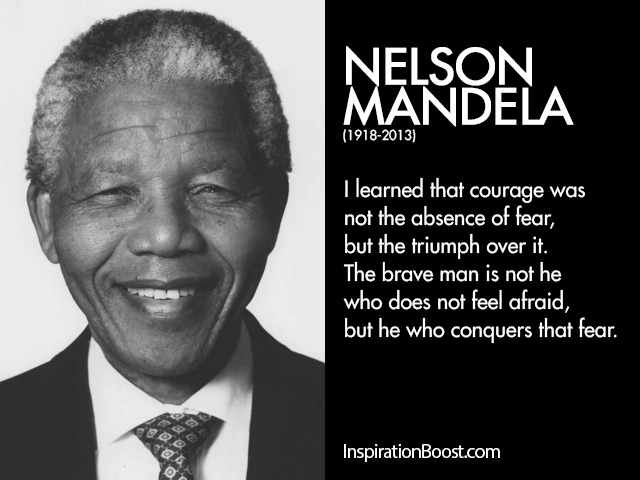"1. Some people punch down when they are frightened.
"2. The kind of people who punch down when they are frightened are also more likely to be frightened more often.
"In short, they are afraid... The problem with authoritarianism is not that 'fear leads to anger,' but that — for authoritarians — fear leads to misdirected anger. When such people fear being crushed from above, they respond by punching down — lashing out at others who have nothing to do with the causes of their fear."
 |
| http://www.dailymail.co.uk/news/ article-1321461/ Help-catch-dog-baiting-thug.html |
 |
| http://wellcomeimages.org/indexplus/obf_images/67/fd/b76d22ccd12fab39914fed05e264.jpg |
Now to me, that last paragraph is the essence of "original sin". The fact that we will hurt someone weaker than ourselves rather than risk challenging the fat bastard above us. That we allow fear - which is a natural, normal emotion / reaction to the apparently endless screwed up things that go on on this planet - to turn into cowardice, rather than courage, and we stay silent, rigid, waiting for it all to go away. (I know: I spent a lot of time as a child and even as a teenager silent, rigid, waiting for it all to go away. And I can tell you that it doesn't.)
And, when we can't stand it any more, too many of us punch down:
Domestic abuse? Check.
Bullying? Check.
Rape? Check. (For those of you who don't know, rape is never about actually being desirous of making love to someone; it's about fear and power and rage.)
Assault? Probably more than we think. Back in May of 2012, in my fourth post for SleuthSayers, I wrote about something that happened to me: a guy got in a fight with his wife, stormed out, and nearly rammed me, head-on, with his car. When he was arrested (yes, I turned it in), he said he was pissed off at his wife and just wanted to scare me. He was punching down.
 |
| http://www.ksfy.com/home/headlines/ Police-investigating-attempted- casino-robbery-in-Sioux-Falls-301524151.html |
Murder? Fairly often. I'd bet that most murderers kill someone less powerful than they are. Even when they are truly angry at their boss, it's usually someone else who gets killed: their spouse, their children, co-workers, a delivery guy, etc. Serial killers always go for the weak and vulnerable. And mass shooters shoot whoever's there: schoolmates, students, the occasional teacher, people sitting in theaters, in restaurants, and anyone else in the line of fire.
(Really interesting FBI Chart here: Homicides by Relationship. All I can say is that there's a whole lot of arguing going on. And a lot for which no reason is known.)
(Old Richard Pryor joke: he did he a gig at the pen, and had lunch with the guys. Asked one guy what he was in for: "I killed nine people." "Why did you do that?" "Because they was home.")
BTW, this, I believe, is the reason why murder mysteries are universally popular: as Dorothy Sayers once said, "they put before the public a world the way it ought to be, and kept alive a dream of justice." (p. 90, A Presumption of Death by Jill Paton Walsh and Dorothy L. Sayers.)
But you can also punch up.
Punching up doesn't mean you have to go out and become Batman, or Nelson Mandela, or Dorothy Day. It doesn't mean you have to take on every fight for the downtrodden (but God bless you if you do). But there are other ways to punch up: Eleanor Roosevelt, Lady Gaga, Oprah Winfrey, Maya Angelou, Rudyard Kipling, George Orwell, Beethoven, Pat Conroy, and many others, throughout history, have taken amazing levels of abuse, of all kinds and transformed it and themselves into something enriching, for themselves and others.



Here's a little secret: Fear is normal. The only people who are never afraid are Vulcans. Fear is an emotion, and the non-Vulcans among us will experience it regularly until we die, and perhaps beyond that. It's what we do with fear - and it is our choice - that counts. What we do with fear becomes the action of cowardice or courage. Our choice. That's one of the things we try to teach in Alternatives to Violence Project - because once you know that you can choose how to react, you're free. That still doesn't mean people will always do the right thing: that's another choice. But at least they have it. And maybe, they can start punching up.

PS - Some people have been kind enough to ask about our South Dakota corruption scandals, EB-5 and Gear Up. Believe me, when I get some news, I'll update everyone.
